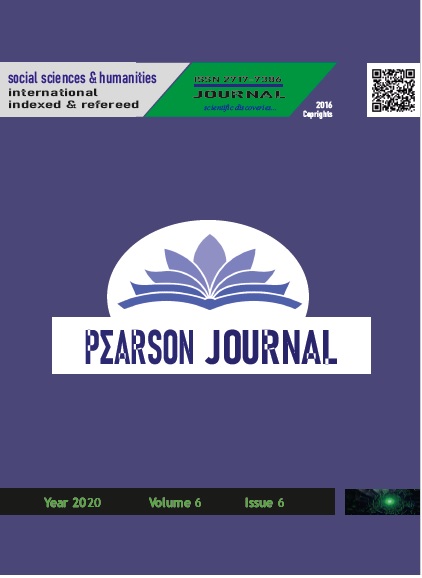AFTER THE COVID-19 OPINIONS AND READINESS OF LAWYERS ABOUT REMOTE WORKING
DOI:
https://doi.org/10.46872/pj.59Keywords:
Law, Lawyer, Remote work, Justice, Fair trialAbstract
In the literature review regarding the sectors, banking, transportation, tourism, health, industry, trade, education and sports fields are negatively affected by the epidemic process.Within the scope of Covid-19 precautions, the fact that the judicial processes have been largely suspended and that the post-secretion cases are done without trials and plans to work remotely showed that in the future, normalization in the field of law will never be the same as old. 300 lawyers participated in the survey in Turkey and for lawyers to work remotely has reached the following conclusions: i) information technologies and information security self-efficacy are sufficient, ii) they think that some attorneyship procedures such as client interviews, trial proceedings, detainee interviews, mediation services can also be done remotely and this will contribute positively to the use of time more efficiently, the canceled works and the reduction of their costs, iii) 3) there will not be much decrease in work discipline, motivation, responsibility towards clients and dependence on work, iv) they have the necessary physical space, ability to work without disturbance, equipment adequacy, and technical knowledge, v) they are ready to invest in additional equipment and training if necessary. In addition, a significant majority of lawyers, Turkey Bar Association in remote work's been seen and they expect it to be effective by the provincial bar associations. It has been observed that lawyers can adapt to this situation very quickly in case of working remotely in the field of law as a result of the findings obtained. On the other hand, there is a large area where digital environments are not preferred for communication with the lawyer, and a sense of trust is at the forefront. In terms of judicial activities, there are judicial processes that require the establishment of eye-to-eye, face-to-face contact. It should be kept in mind that digital methods will not be sufficient, for example, in the criminal procedure, universal principles such as directness, face-to-face, such as directness, face-to-face, which are among the requirements of fair trials, which are among the requirements of fair trial, must be kept in mind, and in some cases are not possible. As a result, especially within the scope of the Criminal Procedure Code, our Constitutional provisions regarding our involvement in the fair trial system, International binding provisions as well as the principles to be observed by the European Court of Human Rights regarding the trial procedure, the distance working system will not be suitable for the whole of the legal services and the judicial processes.




